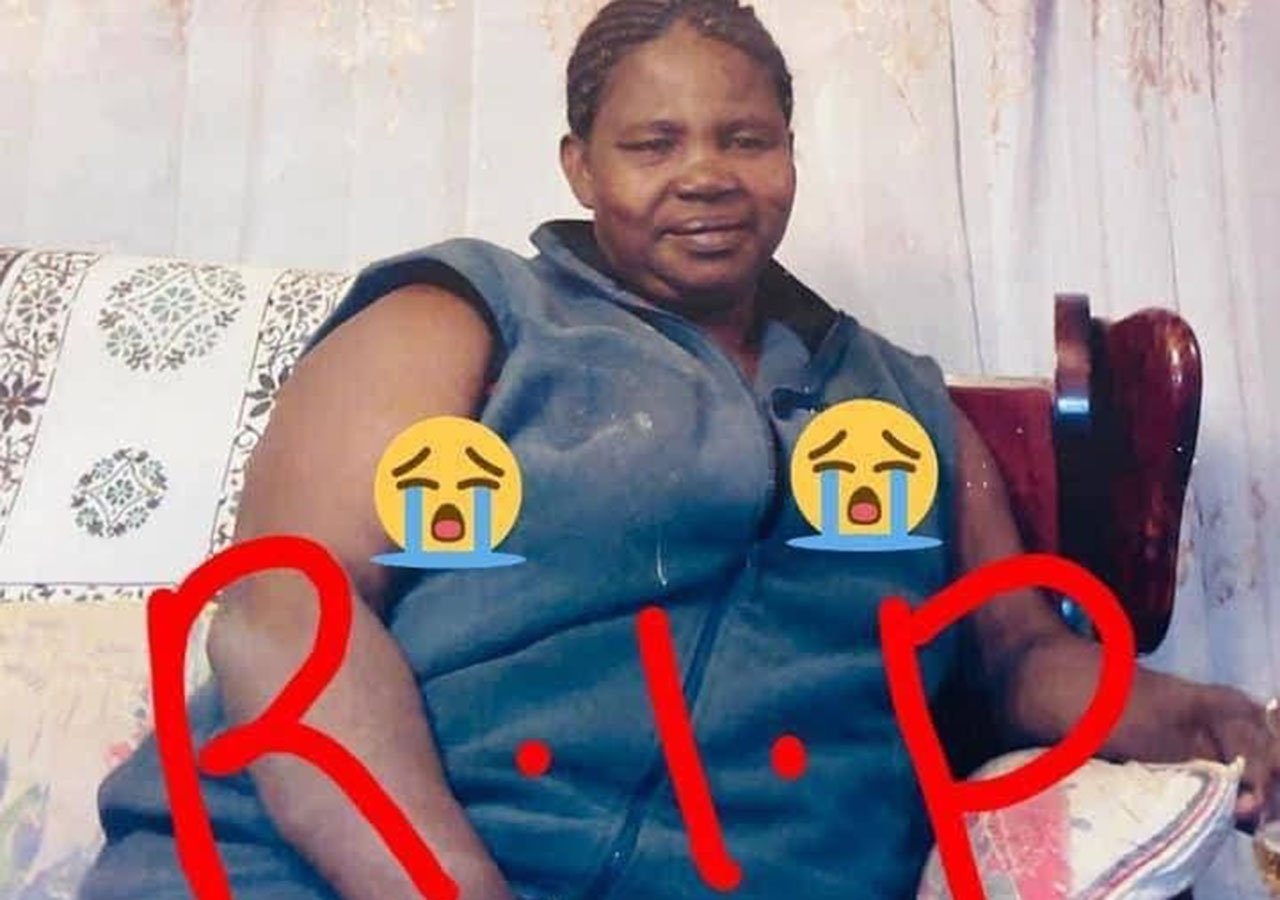Naledi Children’s Deaths Unraveled: What Really Happened to the Young Victims in Soweto

Naledi Children’s Deaths Unraveled: What Really Happened to the Young Victims in Soweto
A recent tragedy in the Naledi community of Soweto, Johannesburg, has gripped South Africa, triggering a wave of fear and outrage. Initially, the shocking deaths of two young children were believed to be linked to food poisoning from biscuits bought at a local spaza shop, a belief that quickly escalated into public calls for stricter regulations on informal food vendors. However, an in-depth investigation by the City of Johannesburg’s Health and Social Development department has now debunked these claims, revealing a far more complex cause behind the children’s untimely passing.

The Outcry and Initial Allegations Against the Spaza Shop
News of the children’s deaths initially circulated with disturbing claims that the youngsters had fallen victim to unsafe food practices at a neighborhood spaza shop. Many Soweto residents rallied around the idea that the biscuits from this shop were the culprits, fueling intense public concern over the safety of food products in informal markets. Calls for sweeping regulatory reforms were amplified by the narrative of poor food standards, which has been a growing topic of concern across South Africa.
Community members were quick to point fingers at the local shop owners, calling for heightened monitoring of the food sold in such establishments. For many, the incident was a stark reminder of the risks they felt were associated with consuming products from unregulated informal vendors. Social media posts and local news channels amplified the issue, which snowballed into a heated debate about food safety and accountability in South Africa’s informal economy.
The Investigation Begins: City Officials Respond to Public Concerns
Following the uproar, Johannesburg’s Member of the Mayoral Committee (MMC) for Health and Social Development, Ennie Makhafola, ordered a thorough investigation to uncover the truth. This inquiry included autopsies and comprehensive toxicology tests, a response designed to ensure transparency and address community fears head-on.
The investigation team took an extensive approach, analyzing food samples, inspecting the spaza shop, and conducting toxicology screenings on the children to ascertain the true cause of death. “Our community needed answers,” Makhafola explained. “Our investigation had to be meticulous to prevent unwarranted blame and provide the families and community with closure.”
Uncovering the True Cause of Death: Environmental and Health Factors
When the investigation’s findings were unveiled, Makhafola made an announcement that would reshape the narrative entirely. “The autopsy and toxicology reports confirm that the children’s deaths were not caused by any food products from the spaza shop,” she stated. Instead, the investigation revealed that the children had pre-existing health conditions that, when combined with certain environmental factors, had tragically led to their deaths.
Makhafola elaborated, explaining that the children had been exposed to harmful environmental substances which exacerbated their underlying health vulnerabilities. “This case serves as a crucial reminder of the broader health challenges faced by vulnerable populations,” she noted. The results highlighted that illnesses and environmental factors can often play a more significant role in health incidents than initially assumed, particularly in areas with limited resources and challenging living conditions.
Impact on the Spaza Shop Owner: Relief Amid Damage to Reputation
For the spaza shop owner, who has chosen to remain anonymous, the investigation’s findings came as a profound relief, but not before the damage had been done. “I am grateful the truth has come out,” the owner expressed. “The shop’s reputation was severely tarnished, and we faced undue criticism based on misinformation.”
The incident underscores how unverified claims can rapidly damage local businesses, especially in close-knit communities where reputations are critical to livelihoods. For many small business owners in townships, such incidents can be devastating, resulting in lost customers and a decline in income, often with limited means for recourse or public vindication. The shop owner’s experience has now become a cautionary tale, illustrating the importance of waiting for verified information before drawing conclusions.
Community Reaction: Mixed Emotions Amidst Relief and Sadness
Following the City’s announcement, the Naledi community reacted with a mixture of emotions. Ntombi Mthembu, a resident of Naledi, said, “It’s a relief to know the biscuits weren’t the cause, but the children’s deaths still hurt deeply.” Her words reflect a dual sentiment felt by many: while the community is relieved that their local shops weren’t responsible, the tragic loss of young lives remains a source of heartbreak.
Themba Dlamini, a local community leader, shared a similar perspective, emphasizing that although the shop was cleared of blame, the incident should prompt ongoing efforts to improve food safety and community health. “This was a wake-up call. We still need to address public health risks,” he stated. Dlamini’s words signal the community’s continued commitment to health and safety, despite the new findings.
Expert Insight: The Need for Evidence-Based Public Health Measures
Public health expert Dr. Nandipha Sekeleni commended the City’s meticulous approach, highlighting the critical role of science in guiding public health decisions. “This investigation is a testament to the value of evidence-based action in addressing public concerns,” Sekeleni said. “We must rely on accurate, thorough research rather than assumptions, especially in cases where lives and reputations are at stake.”
Dr. Sekeleni noted that knee-jerk reactions to such incidents can lead to misplaced blame and unnecessary panic. Her remarks emphasize the importance of a measured approach, ensuring that investigations are conducted thoroughly to prevent the spread of misinformation.
City of Johannesburg’s Ongoing Commitment to Public Health and Food Safety
In light of the findings, the City of Johannesburg has reiterated its commitment to improving health and food safety standards. Makhafola assured the public, “We are not stopping here. Our commitment to monitor informal food vendors will continue, alongside efforts to educate the community on food handling and safety.” This commitment reflects a broader effort by the City to strengthen oversight in informal markets while also fostering awareness around environmental health issues.
As part of this initiative, the City has announced plans to increase educational programs targeting food safety for informal vendors, emphasizing proper food handling and storage practices. Additionally, the City will be working with public health agencies to assess and mitigate environmental health risks in communities, particularly those affecting vulnerable populations like children.
Looking Ahead: Lessons Learned and a Community’s Grief
The tragic incident in Naledi is a sobering reminder of the complex issues surrounding public health and safety in under-resourced communities. As the community mourns the loss of two young lives, there is hope that the investigation’s findings will prompt meaningful changes in public health policies, ensuring a safer future for all residents.
For now, the Naledi community is left to grieve while also reckoning with the misinformation that initially shaped their understanding of the tragedy. This incident highlights the delicate balance between informal markets as essential resources and the critical need for safeguards to protect public health. Going forward, the City of Johannesburg’s approach may serve as a model, reminding South Africa of the importance of patience, diligence, and evidence in addressing public health concerns.
Ultimately, this case is a call for greater collaboration between communities, local governments, and health professionals to prevent future tragedies and ensure that the legacy of the Naledi children is one of progress toward a healthier, more informed society.





